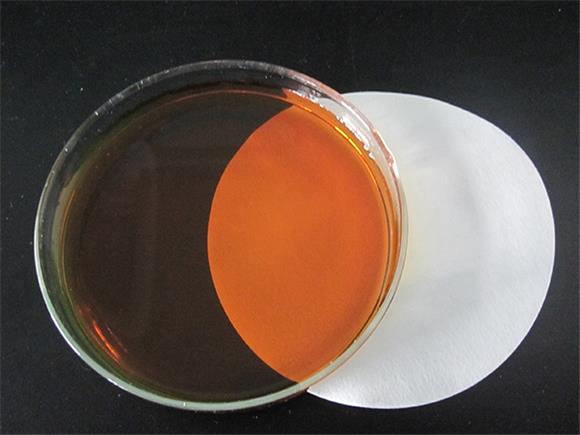
News
Okt . 11, 2024 08:04 Back to list
dtpa chelating agent
The Role of DTPA (Diethylenetriaminepentaacetic Acid) as a Chelating Agent
Chelating agents are molecules that can form multiple bonds to a single metal ion, effectively grabbing and holding onto the metal in a stable complex. Among various chelating agents, Diethylenetriaminepentaacetic acid (DTPA) stands out due to its effective chelation properties and a wide range of applications in various fields, including medicine, agriculture, and environmental science.
Structure and Properties of DTPA
DTPA is a synthetic amino polycarboxylic acid. Structurally, it contains three amine groups and five carboxylic acid groups, which allow it to coordinate with metal ions effectively. The versatility of DTPA in forming stable complexes with different metals makes it a preferred option in many applications. The formation constant of DTPA for various metal ions signifies its strength as a chelator; for example, it has a higher affinity for metal ions such as lead, cadmium, and mercury—metals often encountered in environmental pollution scenarios.
Medical Applications
In the medical field, DTPA is predominantly used for therapeutic and diagnostic purposes. It is commonly utilized in chelation therapy, a treatment intended to remove heavy metals from the body. For instance, DTPA can be employed to treat cases of lead poisoning, where it binds to lead ions and facilitates their excretion via urine. Moreover, DTPA radiopharmaceuticals are used in medical imaging. For example, DTPA is labeled with technetium-99m, a radionuclide used in nuclear medicine for various diagnostic imaging procedures, including renal scans.
The safety profile of DTPA is relatively favorable, with low toxicity when administered at recommended doses. This has made it a reliable choice for treating toxic metal overload, although care must be exercised as excessive chelation could potentially lead to the depletion of essential metals from the body.
Agricultural Use
dtpa chelating agent

In agriculture, DTPA plays a crucial role in micro-nutrient delivery. Many crops require trace elements, such as iron and zinc, for optimal growth and development. However, these metals can become insoluble in soil, rendering them unavailable to plants. DTPA can solubilize these essential metals, facilitating their uptake by crops, thus enhancing plant health and yield.
Additionally, DTPA is used in foliar sprays and fertilizers, improving the efficiency of nutrient absorption. By chelating trace metals, DTPA helps maintain a balanced nutrient profile within agricultural systems, promoting sustainable practices and improved food production.
Environmental Applications
DTPA's chelation capabilities extend into the realm of environmental science. It is utilized in the remediation of contaminated sites, particularly where heavy metals are prevalent. DTPA can effectively mobilize heavy metals from soil, allowing for easier removal or immobilization in less toxic forms. This capacity has important implications for environmental cleanup efforts, helping to restore ecosystems affected by industrial and urban pollution.
Moreover, DTPA has been investigated for use in wastewater treatment processes. By capturing metal ions, it can aid in reducing the toxicity of effluents before they are released into water bodies. The use of DTPA in this context illustrates its dual role in both preventing metal pollution and facilitating environmental recovery.
Conclusion
Diethylenetriaminepentaacetic acid (DTPA) is a powerful chelating agent with diverse applications spanning medicine, agriculture, and environmental science. Its ability to form stable complexes with metal ions not only aids in the treatment of metal toxicity but also enhances agricultural productivity and supports environmental remediation efforts. As research continues to explore the full potential of DTPA and its derivatives, it remains a critical tool in addressing several contemporary challenges in health and sustainability.
-
OEM Chelating Agent Preservative Supplier & Manufacturer High-Quality Customized Solutions
NewsJul.08,2025
-
OEM Potassium Chelating Agent Manufacturer - Custom Potassium Oxalate & Citrate Solutions
NewsJul.08,2025
-
OEM Pentasodium DTPA Chelating Agent Supplier & Manufacturer High Purity & Cost-Effective Solutions
NewsJul.08,2025
-
High-Efficiency Chelated Trace Elements Fertilizer Bulk Supplier & Manufacturer Quotes
NewsJul.07,2025
-
High Quality K Formation for a Chelating Agent – Reliable Manufacturer & Supplier
NewsJul.07,2025
-
Best Chelated Iron Supplement for Plants Reliable Chelated Iron Fertilizer Supplier & Price
NewsJul.06,2025
